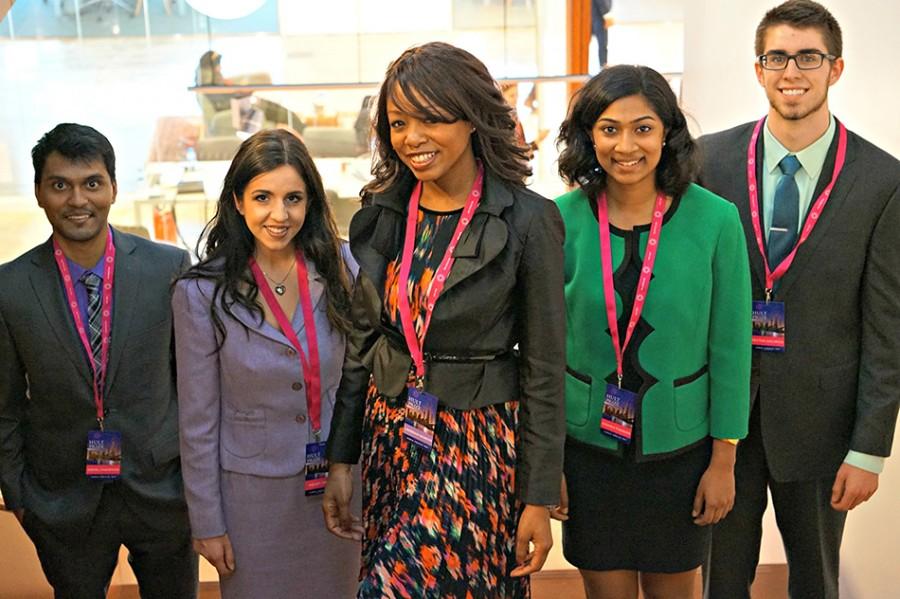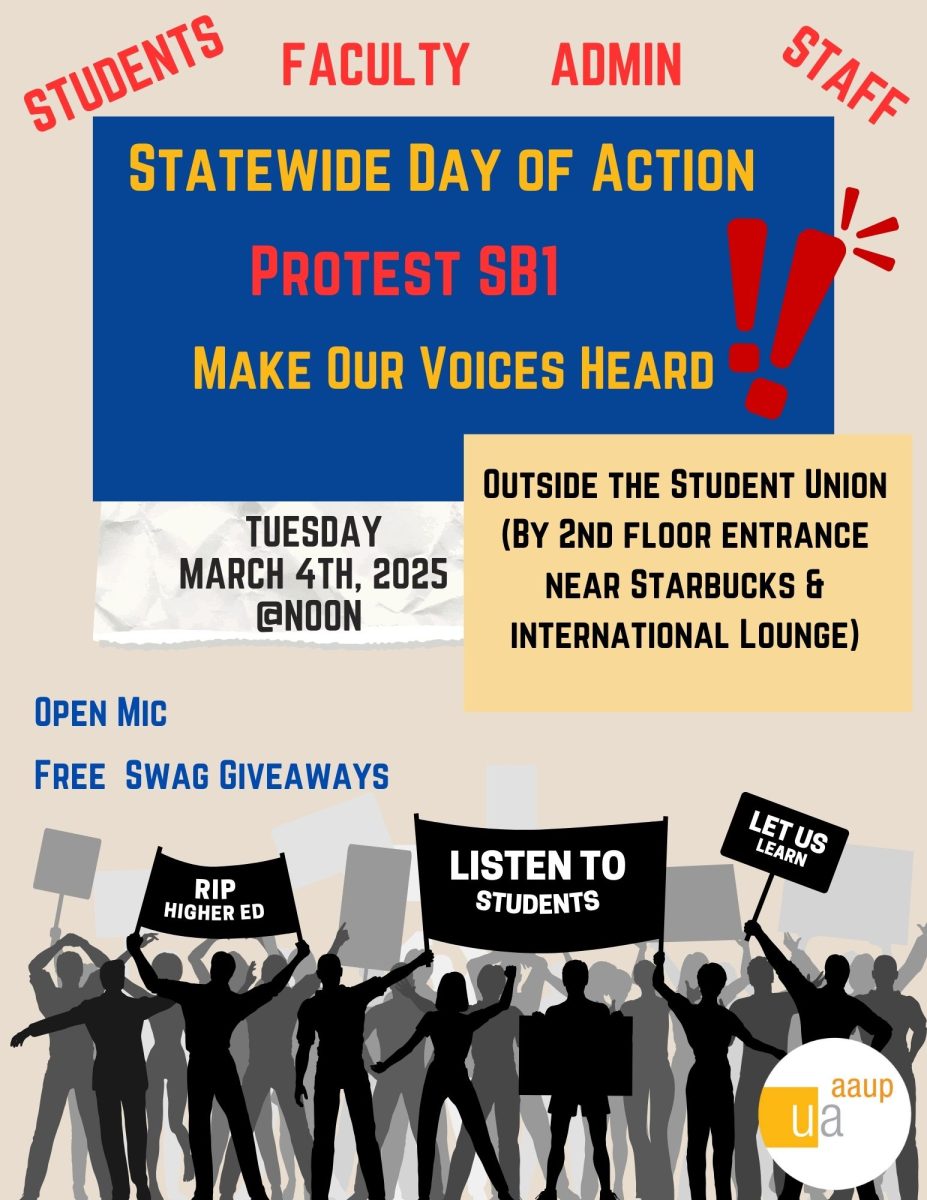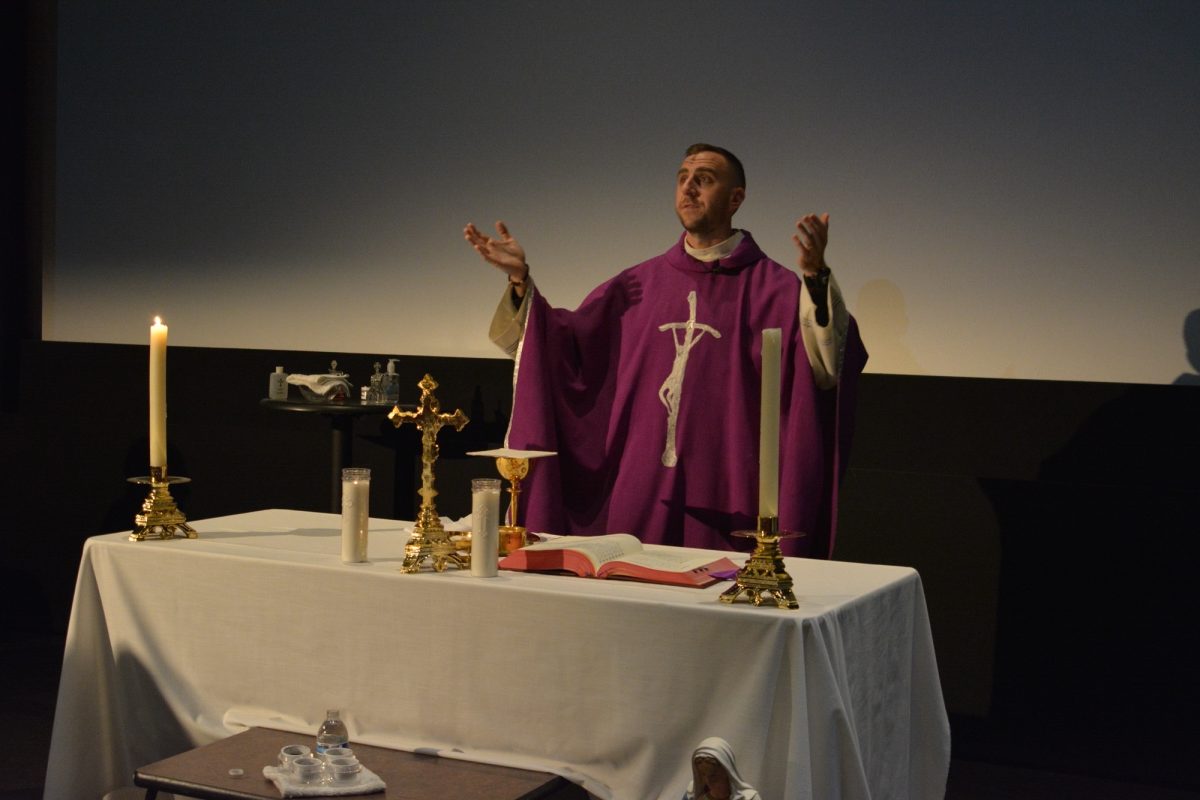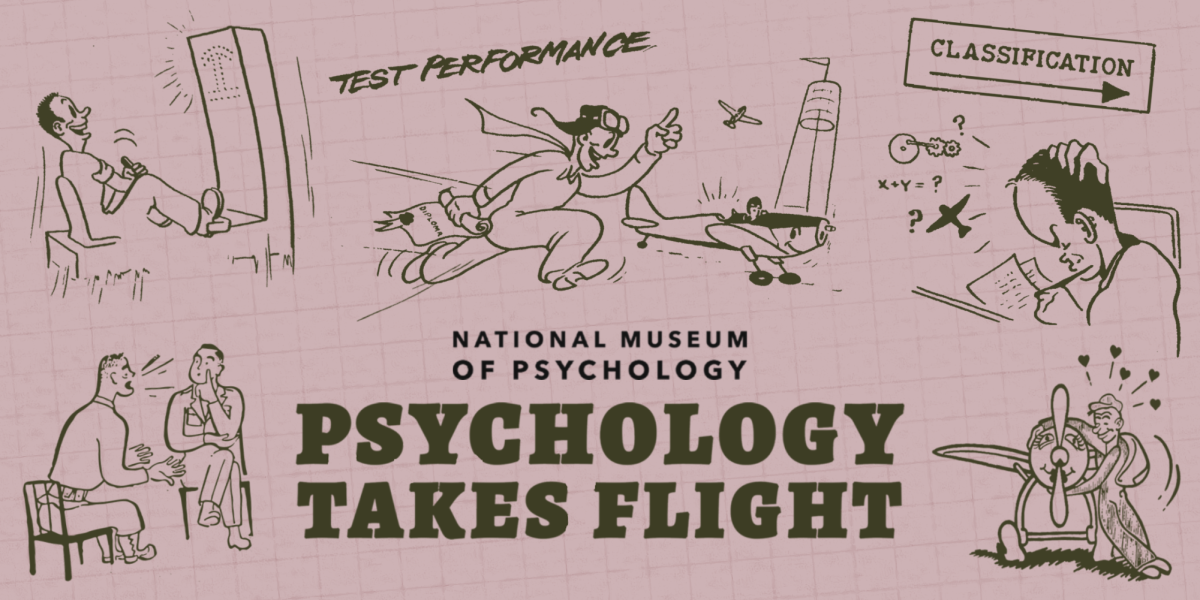Hult Prize team makes final round in Dubai
March 28, 2016
Fighting urban poverty with foam bricks, four University of Akron students formed one of the six teams that made it to the final round in the regional Hult Prize competition in Dubai on March 11 and 12.
Now in its seventh year, the Hult Prize is the world’s largest student case competition, which challenges graduates and undergraduates to create a business startup as a solution to a global social issue. In partnership with the Clinton Global Initiative, the competition addresses a different topic each year.
This year’s teams competed at one of the five regional competition sites that included London, Shanghai, Boston, San Francisco and Dubai.
Winners from each regional competition will advance to the finals, which will be held this September in New York City. There, the five teams will compete to receive a $1 million prize in seed capital, the initial capital used to form a business, to turn the winning team’s business idea into a reality.
One of 300 international collegiate teams chosen out of 25,000, the UA team consisted of Williams Honors College business majors Peyton Zachrich and Kelsey Jones, bioengineering major Amanda Pinheiro, and honors college alum and MBA candidate Vishal Chaurasia.
Lakeesha Ransom, dean of the Williams Honors College – who spearheaded the process to make UA a Hult-affiliated institution – accompanied the group on the trip.
In order to be selected for the Hult Competition team, UA students competed in a contest hosted by the Williams Honors College.
A panel of judges made up by local business people and UA faculty selected 16 students out of 50 competitors to form teams of four that would develop business proposals. Then, after a presentation of its solution and an interview with Ransom, a team was chosen to represent UA in Dubai.
During the competition, UA students competed against 60 teams from different parts of the world. This year, the competition had students make a strategy to double the income of people living in crowded urban areas.
As a solution to this problem, the students created a business model called “Thrive,” which introduces a sustainable, space-saving, nutrient-rich foam brick that can grow a variety of produce.
According to the team’s proposal, the prototype promises an accelerated harvesting time by 35 percent, while requiring 95 percent less water and soil.
In addition to doubling the income of food growers and providing food for families, the bricks can also be easily repurposed into hard bricks for constructional use after harvesting.
Although UA’s team did not win the regional competition, it was one of six finalists. After the final round, the Zips were tied for first place, but lost to the University of Ghana by one vote.
However, UA’s team still has one more chance. A wild card round still remains, which would allow an additional team to compete in the global finals in New York City.
UA’s team will compete online this month to win this opportunity, as well as to spend six weeks in Boston this summer at Hult Prize Accelerator Winning, a program where teams will work with mentors to develop their social enterprise projects.
“We believe our business can absolutely transform people’s lives,” said team member Kelsey Jones. “We are rooted in the fact that we can provide food, shelter, and economic stability.”














